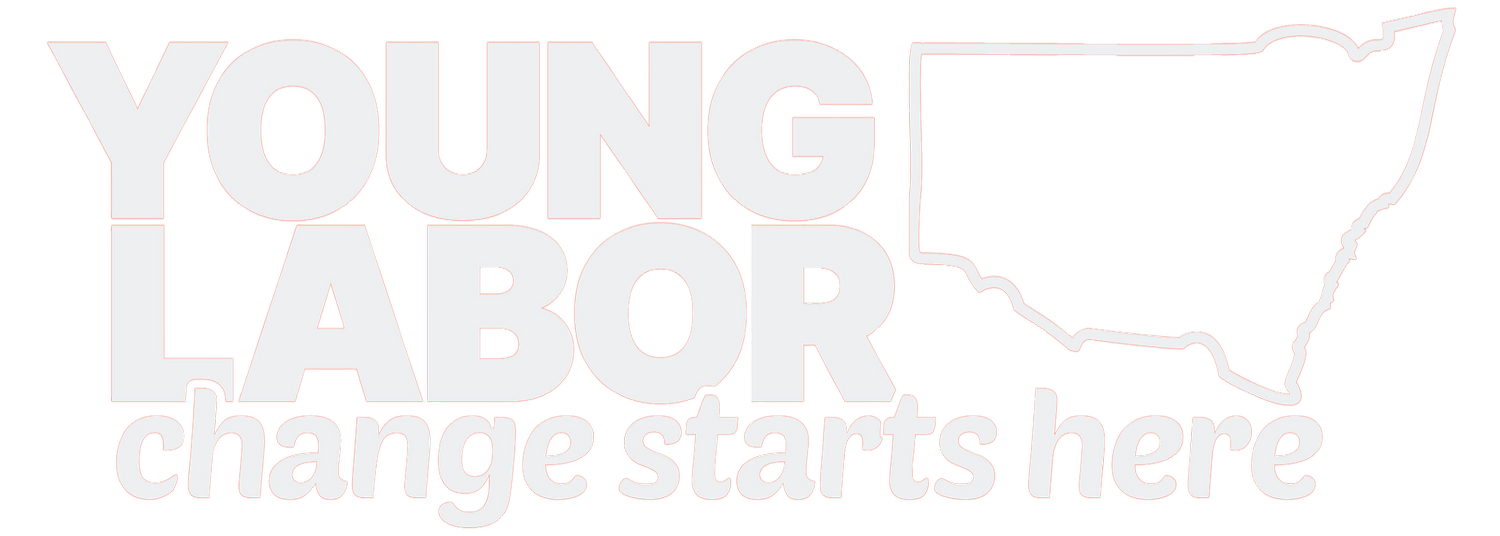The Argument for Paid Student Placements
“Equal pay for equal work,” cried feminist union activists of the past. Iconic women such as Muriel Heagney and Zelda D’Aprano, founders of the Council of Action for Equal Pay and the Women’s Action Committee respectively, were some of the earliest Australian socialist advocates for equality in the workplace. In 1969, the right to equal pay for equal work was won. Fifty years later, there remains a significant challenge facing many young women: mandatory unpaid labour.
Thousands of university students are required to undertake placements or internships as part of their degree. Under the Fair Work Act, students completing vocational placements aren’t considered employees and therefore aren’t entitled to the minimum wage or other benefits. The industries in which placements are more often than not unpaid are female-dominated, such as nursing, teaching, counselling and psychology.
Working without wages is simply not feasible for many young adults, especially those who come from a lower socio-economic background. It often means students have to travel longer distances to their placement site, paying for parking or public transport. Sometimes placements are in regional locations, meaning students must also find and pay for accommodation. As university degrees are costly, students are actually paying for the privilege to work for free.
Teaching students must complete 500 hours of placement, whilst nursing degrees require at least 800 hours, and for social work and occupational therapy programs it is 1,000 hours. Being required to complete hundreds of hours of labour without compensation not only financially disadvantages students, but also contributes to early burn out, higher university dropout rates and poorer mental health.
Two of the key election promises of the Minns Labor government were safe staffing levels in NSW hospitals and addressing the teacher shortage crisis. To deliver these promises, it will be necessary to train up and employ more people in healthcare and education. Over 20,000 training teachers and nurses across the state fill our schools and hospitals on unpaid placements each year. The government should do all that it can to support these students whilst they complete their degrees, and then employ them with secure, well-paid jobs once they graduate.
To do unpaid work can mean having to choose between putting petrol in the car to get to placement or having enough to pay the rent. Amid the cost-of-living crisis, rising university fees and HECS debt increases, we can no longer expect students to do this work for free. We need more well-educated, qualified and passionate workers in these essential industries, and their hard work should be rewarded with fair pay.

